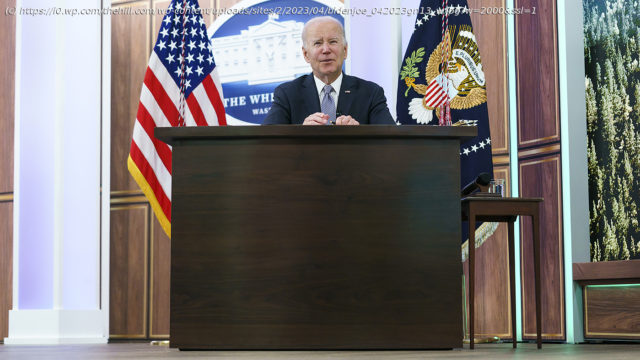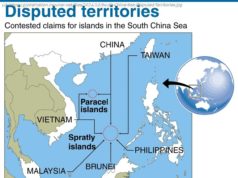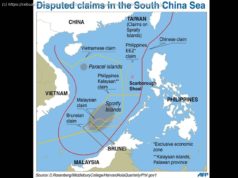Array
Despite bellicose statements and increasing military investments by both sides, the most active front lines for the U.S. and China run through conference rooms across the globe, not the Taiwan Strait.
What is at stake is fundamental to U.S. interests. It will determine whether the rules-based international order the U.S. and its allies assembled after World War II will continue or be displaced by one reflecting China’s domestic governance and international interests — a global order where autocratic norms displace liberal norms such as human rights and free elections.
Those working the front lines between the U.S. and China are diplomats, not soldiers, and the competition involves multilateral diplomacy related to the various international and regional organizations and the norms that, together, make up the international order.
For much of the 21st century, China has paid more attention to multilateral diplomacy than has the U.S. While the U.S. has talked about a “pivot to Asia,” China has been pivoting to the world.
At the Chinese Communist Party’s 2014 Foreign Policy Work Conference, President Xi Jinping noted an impending struggle for the future of the international order. At the 2018 conference, Xi called for China to “lead the reform of the global governance system.”
Xi’s words produced action. China has become the second-largest contributor across the multilateral development banks and the fifth-largest overall to the United Nations’s regular budget and for U.N. peacekeeping operations. In 2021, Chinese nationals headed four of the principal 15 U.N. agencies. China has also become active in organizations dealing with issues far from Asia, such as the Arctic Council.
Additionally, China has launched three multilateral development institutions, including the Asian Infrastructure Investment Bank (AIIB), which a number of U.S. allies joined over U.S. objections. Xi has expanded membership in the security-focused Shanghai Cooperation Organization beyond Russia and Central Asia to include India and Pakistan as members and Saudi Arabia and Iran as dialogue partners. China has also launched the Belt and Road Initiative (BRI), the Global Development Initiative and the Global Security Initiative. The expansion of the BRI’s and the AIIB’s lending and development activities into Africa and Latin America, as well as Europe, demonstrate China’s goals are global, not regional.
These are the kind of actions on which the U.S. once had a near monopoly.
Still, the U.S. remains the leading global power. It is the largest contributor to most international institutions to which it belongs and holds more senior positions in international organizations than China. Russia’s war on Ukraine has showcased America’s unparalleled ability to galvanize global resources and action, but it has also highlighted how the world has changed.






